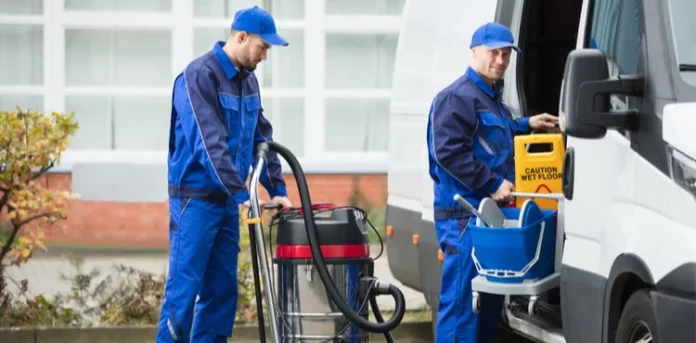
A cleaning business requires tools and equipment necessary to do the job correctly and safely. Some of these equipment can be quite expensive and require a large investment out-of-pocket. Although acquiring tools and equipment is a necessity, there are other costs to consider, including overhead expenses, salary, and insurance for a cleaning business as suggested by PublicLiabilityInsurance. Fortunately, there is an option that allows you to acquire the latest cleaning gadgets without incurring a high cost. By leasing your equipment, you can save more over the long term and still be able to offer a wide range of cleaning services to your clients. Here’s why you should consider leasing equipment for your cleaning business.
1. Keep your budget
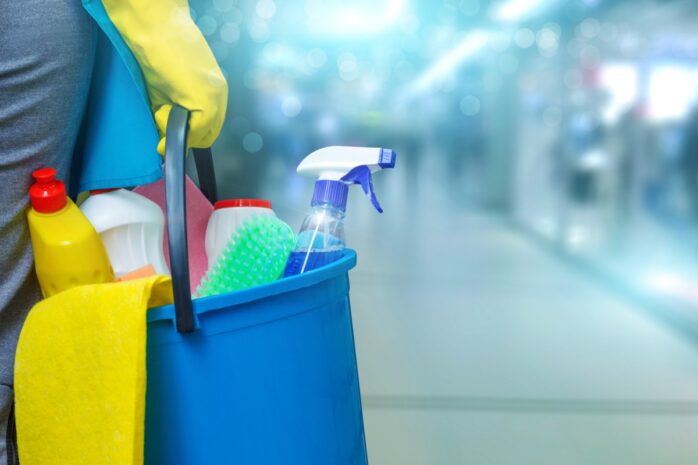
Many cleaning companies are hesitant about purchasing new tools and equipment because of the outright cost. Leasing new equipment, on the other hand, requires only a small down payment or none at all, with the cost of the entire equipment spread out throughout the life of the lease. Since leasing offers a more affordable alternative, it is possible to obtain new models and units with better features without the accompanying expense. Renting the equipment only requires paying a fixed amount monthly instead of a one-time sum.
2. Expand your services
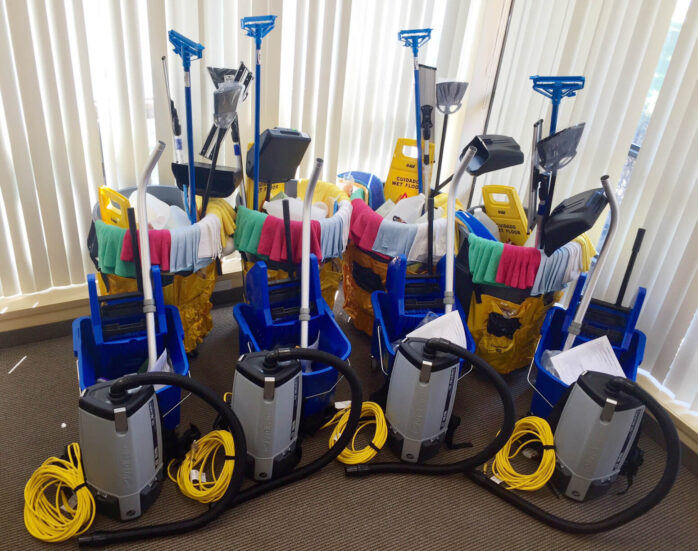
If your business needs a machine that has to be upgraded, then leasing equipment is the best option. Bigger, better, and newer machines tend to be pricey. Many cleaning companies do not purchase them either because they want to avoid the expense, or they simply cannot afford the cost. By leasing, they can obtain equipment that will allow them to offer better services to more clients and take on larger, more complex cleaning jobs. You also get to enjoy more options in terms of equipment models, sizes, and brands.
3. Equipment leases are generally offered at fixed rates
In most cases, the monthly cost of an equipment lease is fixed, thanks to the unchanging interest rates that leasing companies offer. Since monthly expenses are predictable, cleaning companies can plan their cash flow more effectively without worrying about an unpredictable expense at the beginning or end of each month.
4. Use funds for other areas of the business
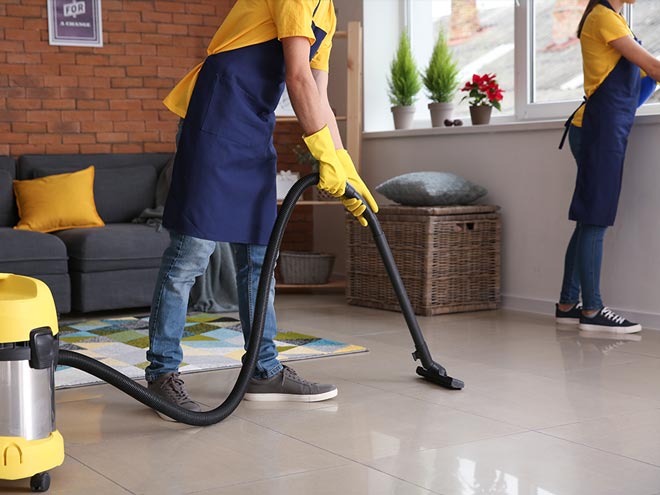
Many businesses would rather optimize their cash flow than spend for new equipment. This could be counter-productive to their business, considering that new equipment provides a more efficient and effective means to perform cleaning jobs more quickly and safely. By optimizing their cash flow, a cleaning business can acquire assets without significantly increasing their expense. They can then focus on certain aspects of their businesses for growth and profitability.
5. The business’ credit is unaffected
Equipment leasing is not a type of loan, which can be an advantage, especially for small businesses or those with a cash flow issue. A leased equipment does not affect the credit of the business, which means that the business owner’s borrowing capacity remains intact. Had the equipment been purchased using a loan or a credit card, the borrower’s existing credit lines will still be available for use for other loans.
6. Make use of flexible payment plans
Many equipment leasing companies offer special programs that are customized to the needs of the business owner. These may include discounts, zero to very low interest rates, and deferred options of up to 3 months, depending on the leasing company. Flexible payment plans can be an effective option for many business owners when there is a need for them to save on cost or avoid outright payment, at least temporarily. These plans also help them redirect their cash to other needs.
7. You get to enjoy a tax deduction
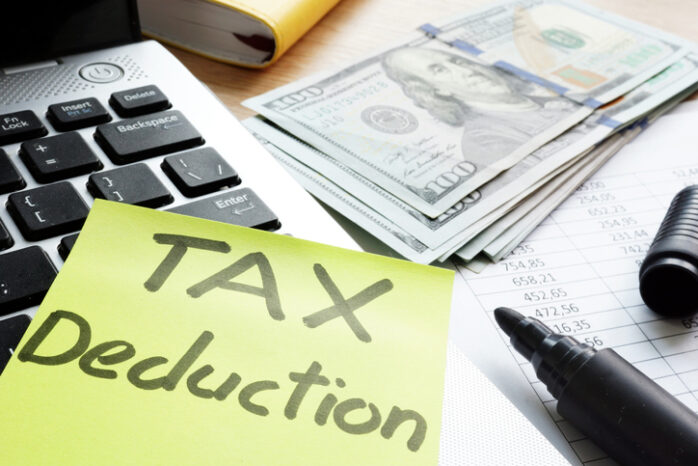
Leasing commercial equipment allows you to declare a tax deductible. Depending on the type of lease you have, the payments made to the leasing company may be considered as a business expense. A rented machine or equipment is considered a type of operating expense, which could qualify you for a tax credit. If the machine was purchased, it would have been considered a capital expense. As a result, you get a tax deduction that could be beneficial to your business.
Do You Need New Equipment?
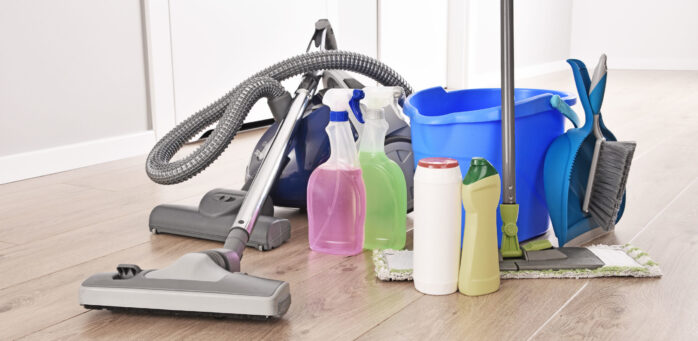
There are two major types of leases available for the business owner. These are capital lease and operating lease. With a capital lease, the business owner agrees to rent the equipment with the intention to buy it eventually, usually by the time the contract ends. Once you have paid off the contract, your business will own the equipment. During the rental period, your business is entirely responsible for the upkeep and maintenance of the equipment, including repairs. You will also be required to continue paying the monthly lease amount even if the machine is not working.
An operating lease, on the other hand, is simply a rental agreement with the leasing company. The period during which you will be required to pay for the equipment is the period during which you can use it. Once the contract ends, you have the choice to either purchase the equipment or simply return it to the lessor. In this type of agreement, the business owner typically pays the fair market value. Keep in mind that this is not an obligation on the part of the lessee and merely an option. In most cases, an operating lease agreement has lower payments compared to a capital lease since you will not be paying for the entire value of the equipment. Some operating lease agreements may also put the responsibility of handling the repairs and maintenance of the equipment on the lessor and not on the business owner.
Through either type of lease, your business can still own good equipment once the payment period is over. Should you wish to lease a new equipment after the end of one contract, you get to use a newer model with better features.
By leasing equipment, you will never have to deal with old or obsolete equipment. When your business purchases an equipment, it takes on all the responsibilities associated with owning and maintaining that unit, including the cost of depreciation. With an equipment leasing agreement, your business can continue to enjoy upgrading to a new equipment without the added cost.





